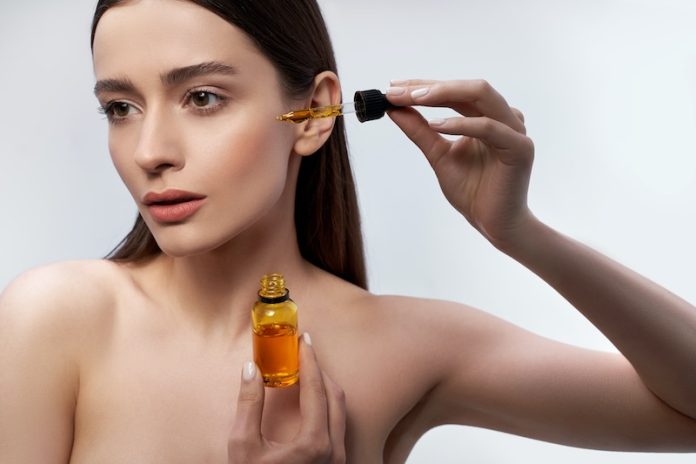
The American Academy of Dermatology highlights growing concerns over unsafe skin care practices being promoted on social media platforms.
As part of National Healthy Skin Month, dermatologists are calling attention to five dangerous trends that are gaining popularity online.
Social media is rife with videos of people performing cosmetic procedures at home, including microneedling, injecting fillers, and using lasers for hair removal.
Dr. Sara Moghaddam, a board-certified dermatologist, expresses concern over these practices, particularly at-home microneedling, citing risks of infections and improper techniques.
Dr. Oyetewa Oyerinde, a dermatology professor, also cautions against the deceptive nature of these social media posts, which may hide potential risks and adverse outcomes.
Nasal Tanning Sprays: A Hazardous Trend
A new fad involves the use of nasal tanning sprays, which are inhaled before users expose themselves to the sun.
Dr. Lindsey Zubritsky warns against this practice, emphasizing the increased risk of skin cancer and premature aging due to sun exposure.
Moreover, the active ingredients in these sprays, such as afamelanotide or bremelanotide (melanotan I or II), are neither approved nor regulated by the FDA, making them illegal and unsafe.
Hot Peppers for Fuller Lips: A Risky Experiment
Some social media influencers are using hot peppers to plump their lips, a practice Dr. Oyerinde finds particularly dangerous.
This method can lead to allergic contact dermatitis or other rashes, potentially causing hard-to-remove dark spots around the mouth or on the lips.
The Dangers of Unsupervised Supplement Use
Dr. Rajani Katta points out the hazards of consuming supplements without medical consultation.
Certain supplements, often advertised for skin, hair, and nails, are linked to birth defects, increased cancer risk, and side effects like acne and hair loss.
The Anti-Sunscreen Movement
A worrying trend on social media is the debate over the use of sunscreen, with many posts erroneously claiming that sunscreens lead to cancer.
Dr. Zubritsky counters these claims, affirming that current scientific evidence does not support the notion that sunscreen ingredients available in the United States are harmful to human health.
In conclusion, these dermatologists urge the public to exercise caution and seek professional advice before trying out skin care trends popularized on social media, as many of these practices are not only ineffective but can also pose serious health risks.
If you care about diet, please read studies about Fiber is your body’s natural guide to weight management and findings of Diet and nerve damage in diabetes: a novel insight.
For more information about skin health, please see recent studies about eating fish linked to higher risk of skin cancer, and results showing how to combat the effects of aging on your skin.
Copyright © 2023 Knowridge Science Report. All rights reserved.



